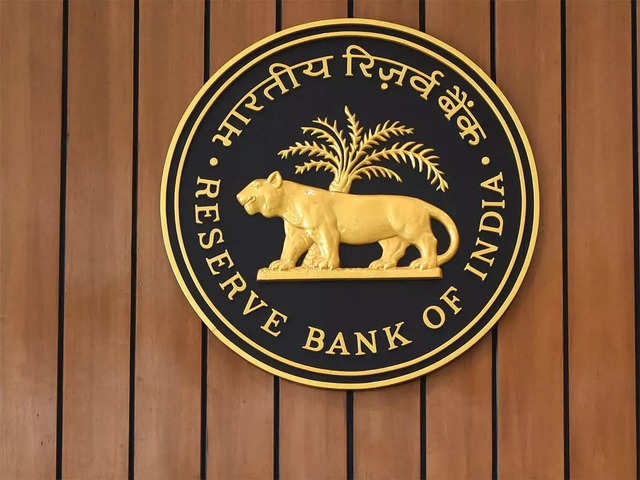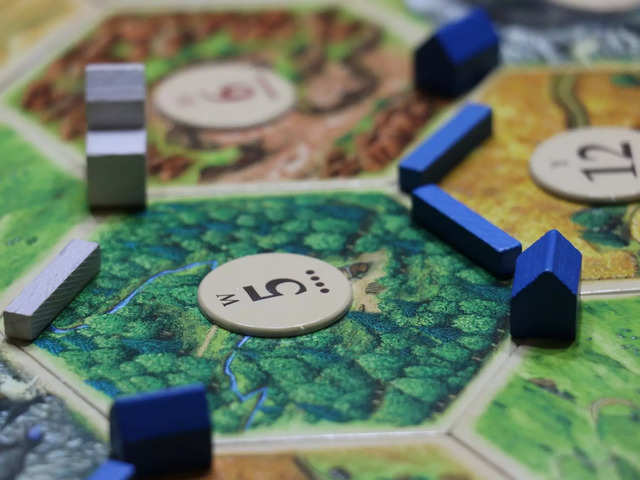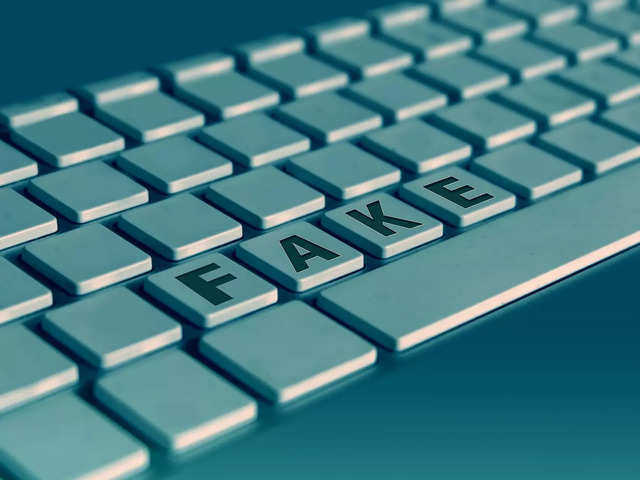
Abhishek Madhavan, VP, Growth and Marketing, MPL
How Mobile Premier League plans to grow its business at a time when interest around online gaming is at an all-time high
Sep 11, 2020, 10:00 IST
brands
Mobile Premier League wants to give a boost to indigenous game developers by showcasing their games to its wide set of audience
Sep 11, 2020, 10:00 IST
How Mobile Premier League plans to grow its business at a time when interest around online gaming is at an all-time high
Online gaming is growing in India by leaps and bounds. The pandemic has given the industry a further boost.- During the past few months, many homegrown gaming platforms have seen unprecedented growth.
- Founded in 2018,
Mobile Premier League has also witnessed a good growth, with many of its users coming from Tier II and Tier III cities. Abhishek Madhavan , VP, Growth and Marketing, MPL tells us about the platform's journey so far and how its plans to grow its presence further.
The online gaming industry in India is booming. Even before the pandemic hit, and people took to online games, the Indian gaming industry was growing at a healthy speed.
The lockdown, while hitting most industries hard, has come as a boost for the Indian gaming industry. In the past few months, we have seen people not just take to offline games to spend time with family, a lot of them are enjoying their me-time playing different kinds of online games. Made-in-India games like Ludo King have witnessed an unprecedented growth, not just in India but even outside India.
One such gaming platform that has witnessed an unprecedented growth during these last few months is Mobile Premier League (MPL). Not only is MPL sponsoring teams in leagues like IPL, it recently made news when it announced that it will be the presenting sponsor for
Having Sequoia, Go Ventures, Times Internet, RTP Global, BeeNext, Venture Highway as its investors, the startup has raised a total of $40.5 million till date.
We recently caught up Abhishek Madhavan, VP, Growth and Marketing, MPL to understand the factors that have led to his growth and their plans for the future.
Excerpts:
Q) The lockdown has come as a blessing in disguise for the gaming industry. What kind of growth has MPL witnessed in the last few months?
We witnessed 3-4x overall growth over this period. Number of games played per day for some of our popular titles like WCC increased by 400%. We also saw that new users coming onto our platform played 3-4 different games on average.
Q) There has been an overall increase in people taking up gaming from smaller cities. What kind of growth have you witnessed coming in from smaller cities and what are the factors that have accelerated this growth?
MPL has always had a substantial presence in Tier II and Tier III cities across the country. A lot of the growth of gaming in smaller cities can be attributed to 4G data and smartphones easily available to more people. We also foresee more growth in this regard as internet and smartphone penetration increases across the country. One of our first digital sports scholars, VS Rathanvel is from Coimbatore and he won the first Chess Mahayudhorganised by MPL in July 2019. The runner-up in the same competition was Ankit Rajpara, who is from Mehsana in Gujarat.
Q) What is your revenue model right now? What kind of increase have you seen in in-app purchases in recent months? Are you witnessing people from smaller cities also spend money on gaming?
MPL is a gaming platform and we charge a platform fee for paid contests/tournaments. All our games are also available for free. We have seen an increase in our users participating in paid contests and tournaments.
Q) How have you been marketing your platform?
We just partnered with Kolkata Knight Riders and its sister franchise in the Caribbean- Trinbago Knight Riders - as their principal sponsor. Recently, we even sponsored the Irish Men’s Cricket team for the ODI series against England. These are some of our current marquee brand marketing activities. We also command a good presence in television and digital advertisements and we ensure that the messaging is simple, honest and that it resonates with our audience.
Q) Where do you think the next phase of growth for MPL will come from?
We are a platform, with a variety of games and content cutting across categories. We will look to add more games from various game developers. Our live-streaming feature for audio and video has also picked up so we are excited about that as well.
Q) Where does India rank when it comes to growth in online gaming?
Esports has taken off in the country and we have even won a Bronze medal in the Asian Games 2018, where they had esports for the first time. We have a lot of talent in gaming and esports and with the industry becoming mainstream, we can hope to do better on the world stage.
Q) What is your vision for MPL?
We aim to become a one-stop shop platform for gamers and game developers. We already have 50+ games on our app and have over 15 gaming studios as our developer partners. We want to work with more and more indigenous game developers and give them a platform to showcase their games to our user base. The more the number of quality games, the more our users will have a great experience on the platform.
INSIDER INTELLIGENCE REPORTS







